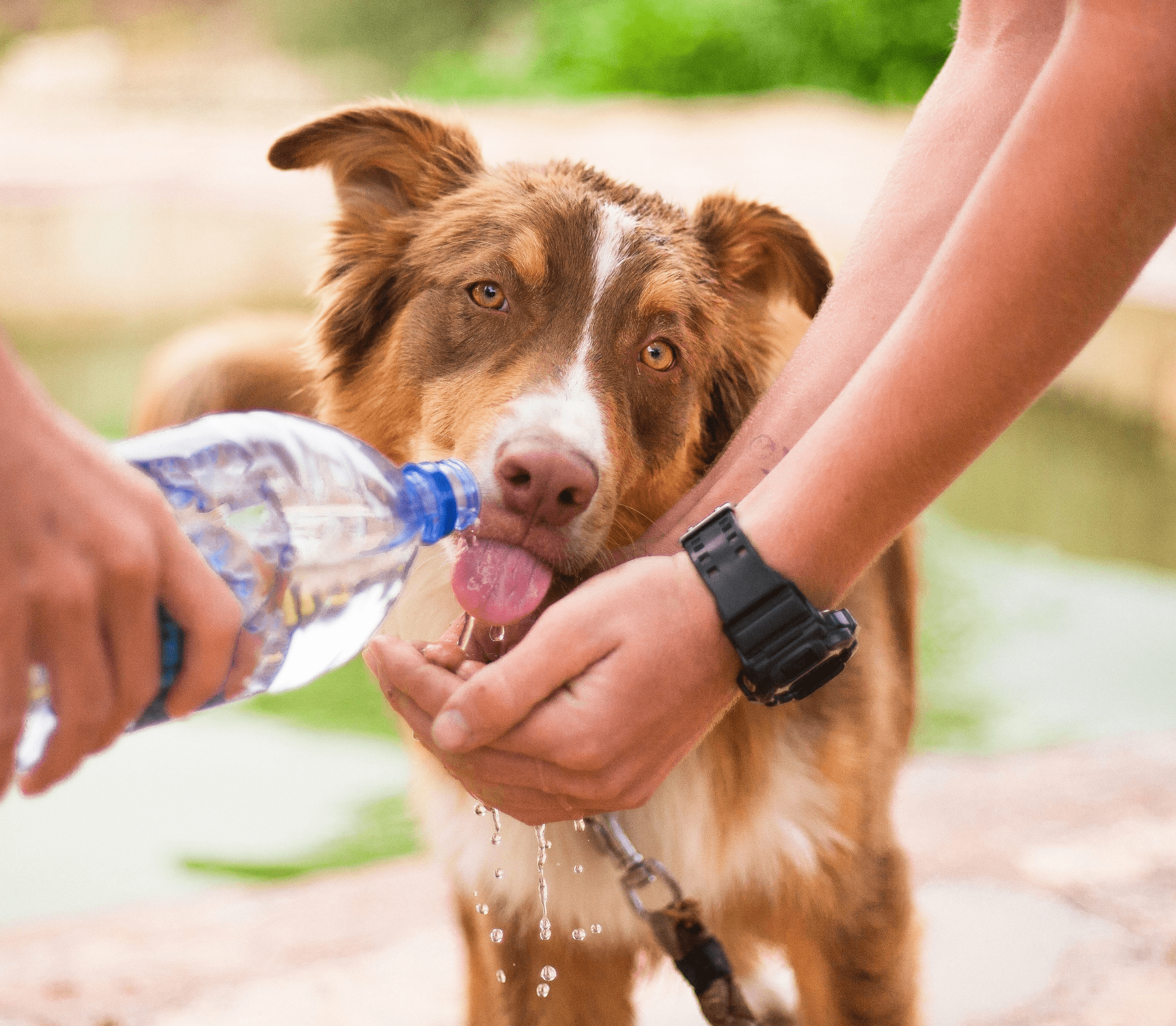Microchipping Your Pet
Has your pet been microchipped yet? If not, we strongly urge you to see to this right away. While it is our hope that all of our furry patients remain safe and sound at home, we always do urge erring on the side of caution. This simple procedure could one day save your pet’s life! A local Hyattsville, MD vet discusses microchipping in this article.
Why Microchip?
While no one likes to think of their beloved pet going missing, the sad truth is that this happens far too often. In fact, as many as a third of our animal companions will get lost at some point in their lives! If your furry friend ever does get lost or stolen, that microchip will vastly improve the odds of them coming home again.
Chip Basics
Microchips are not GPS-equipped, though you can get a GPS device for your pet’s collar. Instead, each chip contains only a unique ID number. This number can only be read with special scanners. Most—though not all—animal shelters use these scanners to check pets for chips upon intake. The unique ID number correlates with your personal information in the chipmaker’s database, therefore forming a permanent link between you and your furry best friend.
Getting Your Pet Chipped
Getting your pet microchipped will only take a few moments. This simple procedure can be scheduled on its own, or worked into any other appointment. Your vet will use a hypodermic needle to inject the chip underneath your pet’s skin, usually between the shoulder blades. For Fido and Fluffy, it’s very much like getting a shot. There is no recovery time needed, though your four-legged pal may appreciate an extra treat or perhaps a new toy. Ask your vet for more information.
Maintenance
Once your four-legged friend has been chipped, you’ll need to fill out your records for the chip manufacturer’s database. The chip won’t be of much use if your contact information is missing or outdated! We also recommend having your vet check the chip during your furry pal’s regular appointments. This is to make sure it hasn’t moved or malfunctioned. You can also try checking your pet’s records online at the AAHA Universal Pet Microchip Lookup, which can be found here .
Please call us, your local Hyattsville, MD pet clinic, for all of your pet’s veterinary care needs. We are always here to help!



